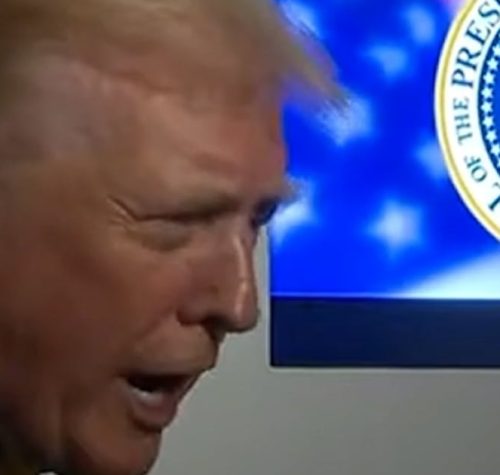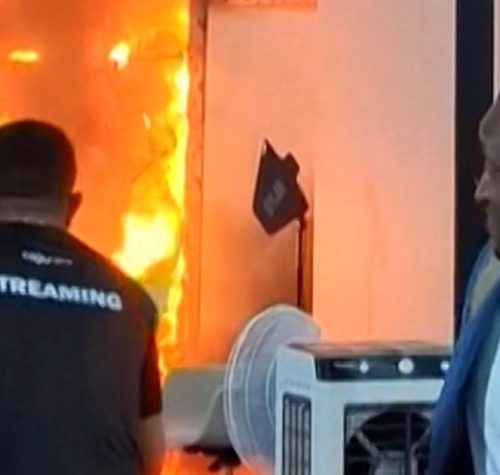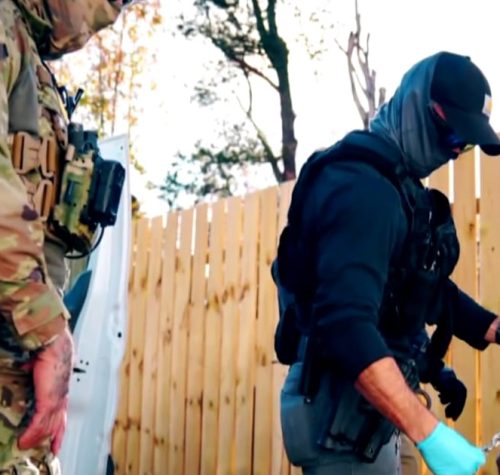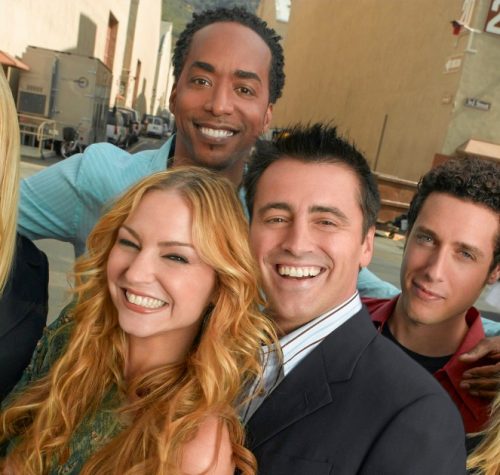
Miss Jamaica falls off stage during Miss Universe
Miss Jamaica falls off stage during Miss Universe
Source link

Miss Jamaica falls off stage during Miss Universe
Source link

White House Press Secretary Karoline Leavitt responded to a question about what President Trump meant by his “quiet piggy” remark to a reporter, saying he is “very frank and honest.”
Source link.

Fire breaks out at COP30 climate summit
Source link

Border Patrol is planning to mobilize in New Orleans for their next immigration enforcement operation as federal agents get ready to move out from Charlotte, N.C. NBC News’ Julia Ainsley reports on.

After President Donald Trump accused several Democratic lawmakers of “seditious behavior, punishable by death,” White House press secretary Karoline Leavitt clarified his response.
Source link

Former President George W. Bush delivered remarks at the funeral for Dick Cheney, recalling his decision to pick Cheney as his running mate.
Source link

American fans of the wildly popular “Friends” sitcom can finally finish watching its spinoff, “Joey,” nearly two decades after the sequel was abruptly canceled
Source link

Cybertruck nearly crashes into state trooper
Source link

Megan Thee Stallion arrives to testify in court
Source link

Border Patrol planning to mobilize in New Orleans
Source link